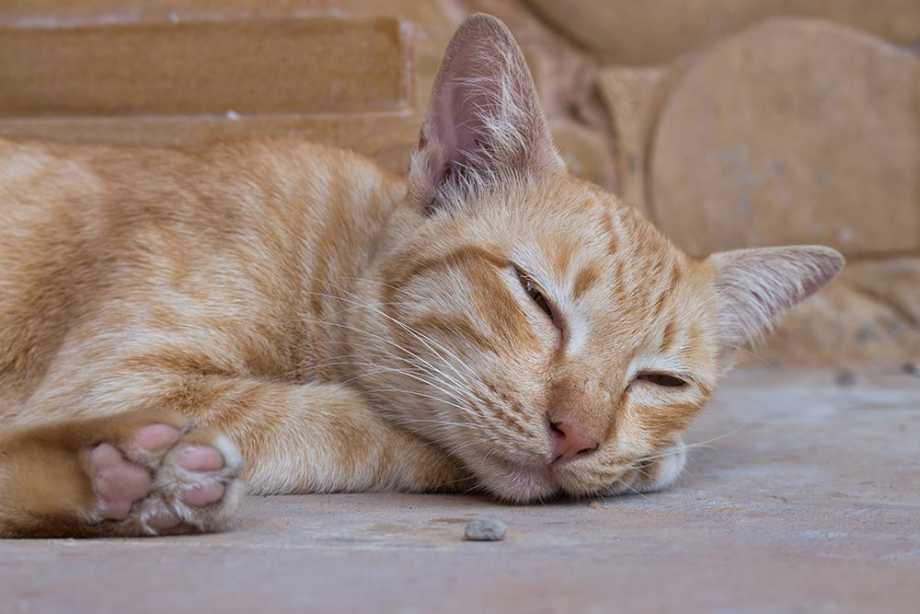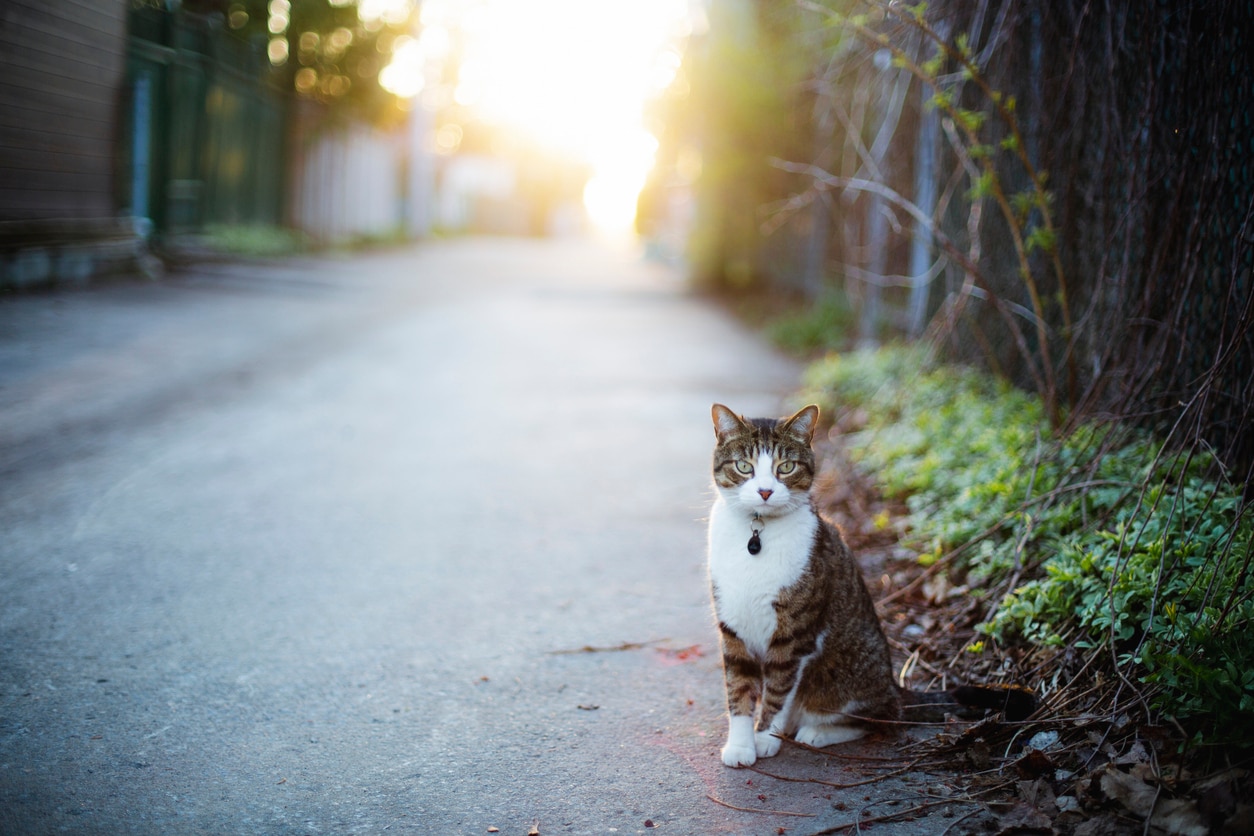coccidia in cats uk
They are found more often in kittens but they can also infect older cats. Unfortunately there are quite a number of coccidiosis and the effects they have on poultry range from being harmless to dangerously life threatening.
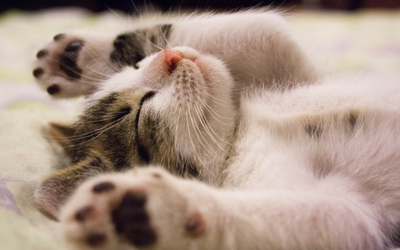
Coccidiosis In Cats Vca Animal Hospital
Coccidia is a type of single-celled organism that is an intestinal parasite but it is not a worm or an egg.

. Two species infect cats. However there are concerns that Albon has seen some resistance from. Sulfadimethoxine Albon works by preventing reproduction of the parasites.
30 mgkg orally once daily for 3 days then repeat a week later. The medication doesnt eliminate coccidia protozoa but helps the body to develop immunity towards the infection. When the oocysts are found in the stool of a cat without diarrhea they are generally considered a.
Coccidiosis is also transmitted to dogs and cats by ingestion of transport hosts predation containing extraintestinal stages. The six types of coccidiosis Eimeria are as follows. Up to 6 cash back Coccidia Treatment in Dogs and Cats.
Left unchecked the condition can prove fatal particularly in young puppies and dogs with a suppressed immune system. Coccidia species recognised in sheep in the UK major pathogenic species in bold. This is why cats with feline immunodepressive virus FIV and feline leukemia virus FeLV are at particularly risk.
Coccidiosis is an intestinal tract infection caused by a one-celled organism or protozoa called coccidia. Infection causes a loss of absorptive capacity of the gut with consequent diarrhoea and possibly dysentery. These parasites live in the cells of the intestines.
Kittens that are dehydrated may require IV fluids to help them recuperate. Cats who dig in the. Many cats that are infected with coccidia do not have diarrhea or any other clinical signs.
The most common coccidia of cats and dogs are IsosporaSome Isospora spp of cats and dogs can facultatively infect other mammals and produce in various organs an encysted form that is infective for the cat or dog. The most commonly prescribed medication. Alabamensis are the most common and pathogenic.
Both can be identified easily by oocyst size and shapeAlmost every cat eventually becomes infected with I felis. Coccidiosis in Cats Keywords. Cats are susceptible to infection from a number of these parasites including Isospora Toxoplasma Sarcocystis Besnoitia and Hammondia.
In severe cases if the organism spreads throughout the body becoming systemic the cat may develop seizures or blindness. These oocysts then pass through the intestines into the stool to finish. If you are using the 5 solution use half the amount shown in the treatment chart.
Coccidia lodge in the intestinal wall and form cysts. The cat may develop lameness andor weakness as well as back and neck pain. Which parasitize the lining of the alimentary tract causing diarrhoea.
Cats become infected by swallowing soil that contains coccidia or other substances in the environment that may contain cat feces It is also possible that. Coccidia are a group of single-celled parasites called protozoa. Cats 25 25 mgmL.
In the UK clinical coccidiosis is most often seen in lambs aged four to eight weeks old and it is not common in animals over three months old unless they are debilitated. What Are the Symptoms of Coccidia in Dogs and Puppies. Coccidia are single-celled protozoan parasites that nearly all cats are exposed to in their lifetime.
Coccidiosis in young calves is caused by infection by protozoan parasites called Eimeria spp. Most cats who develop coccidioidomycosis are young as this is the demographic of cats who tend to be more active outdoors. The parasite travels into the intestinal lining cells of the cat where it matures over about 2 weeks into oocysts rupturing the cells and causing intestinal damage.
Isospora felis and Isospora rivolta. Formerly Isospera is a protozoan parasite that can infect the gastrointestinal tract of dogs. Some of these protozoa require more than one host to complete their development.
Coccidia also known as canine Cystoisospora spp. There are many different species of coccidia but two species of coccidia are most common in cats. A For enteroepithelial cycle of toxoplasmosis oocyst shedding.
5 This should be done on the first and last day of treatment in order to physically wash away contamination from your cats coat. Kingsbrook Animal Hospital Frederick MD 21703 cat care cat vet cat wellness veterinarian for cats in Frederick MD coccidiosis coccidiosis in cats cat coccidiosis does my cat have coccidiosis Created Date. Use an ammonia based disinfectant if the situation is dire.
Kingsbrook Animal Hospital Subject. Canine coccidia will not infect felines leading to passage of oocysts in feces. Coccidiosis or infection with coccidian parasites can lead to a range of digestive upsets in the dog which normally manifests as diarrhoea.
Coccidia in cats are one-celled parasites that live in the intestinal lining of animals and cause an infection known as coccidiosis. The source of coccidia oocysts. Symptoms of coccidia are usually seen in kittens less than 6 months of age or adult cats with weak immune systems but coccidia can be present in cats of any age and breed.
The coccidiosis parasite is a particularly nasty creature that causes serious damage to a chickens gut and in particular the guts wall. Coccidia is most common in puppies but can also infect adult dogs as well as cats. When coccidiosis in cats is severe it can be fatal especially in cats which are already immunodepressed.
The only FDA approved drug is the Sulfa drug Sulfadimethoxine. Feline coccidia are acquired by ingestion of sporulated oocysts from contaminated environments. Symptoms of coccidiosis vary but one of the most worrying signs is bloody diarrhea.
These tiny-celled parasites live in the wall of the intestine. I felis and I rivolta. The sporulated oocysts release sporocysts containing sporozoites on ingestion and infect another host of the same host species.
Its inevitable that a cat will become infected. Coccidia are microscopic parasites that live within the cells that line the intestine. 5 10 mgkg orally once daily for 2 days Dubey and Lappin 2006 b For coccidiosis.
Clinical disease will appear to affect lambs at progressively younger ages as the season progresses on a farm and pasture or. These sporulate over a period dependent on climatic conditions taking longer in cold weather. Coccidia are tiny single-celled parasites that live in the wall of your cats or dogs intestine.
The condition can also affect cats but it is not transmittable to humans. Cats suffering from coccidiosis are treated with medication that prevents the growth of coccidia in the intestines. To avoid this it is best to bathe your cat in warm water with a mild baby shampoo or shampoo specifically meant for cats.
This drug has long been used to treat Coccidia and it is also effective for prevention.
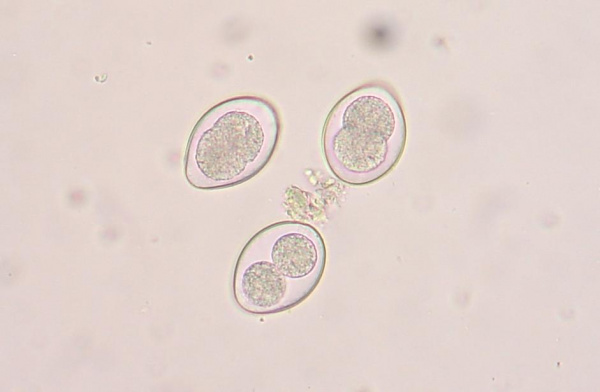
Coccidiosis In Cats Vca Animal Hospital

Internal Parasites In Cats Cat World

Internal And External Parasites In Cats Front Street Animal Hospital
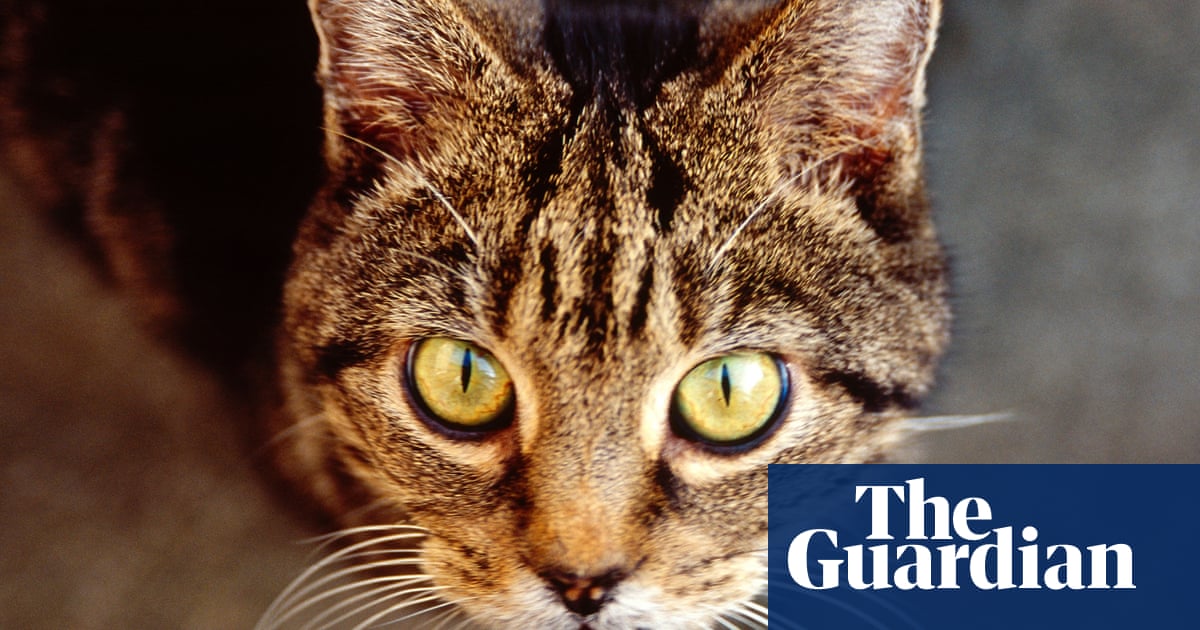
Why Are So Many Cats Being Poisoned Cats The Guardian
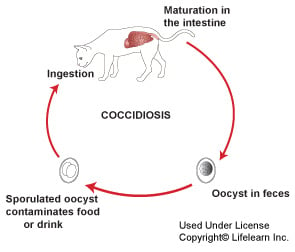
Coccidiosis In Cats Vca Animal Hospital

Companion Animal Parasite Council Coccidia
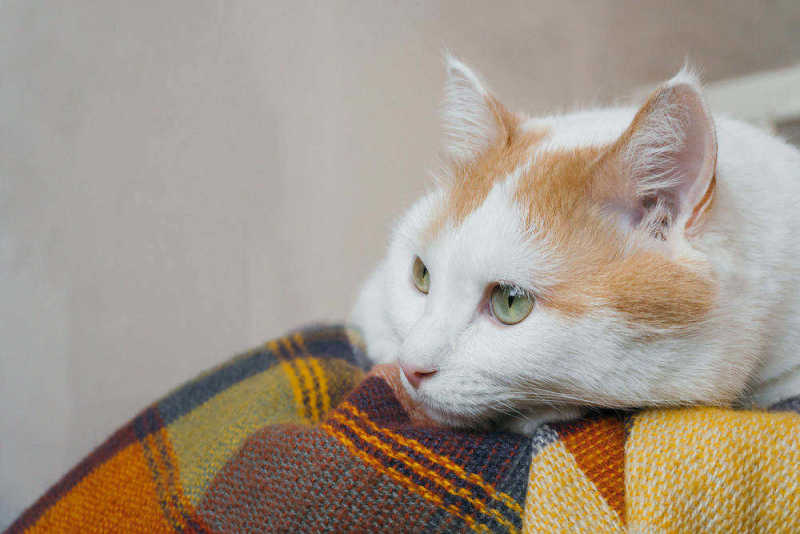
Giardia In Cats Small Door Veterinary

Internal And External Parasites In Cats Front Street Animal Hospital

Internal And External Parasites In Cats Front Street Animal Hospital
Coccidiosis In Dogs And Cats And Other Animals

Internal And External Parasites In Cats Front Street Animal Hospital

Coccidial Oocysts From Cat Feces A Unsporulated Oocysts Of Download Scientific Diagram
Coccidiosis In Dogs And Cats And Other Animals
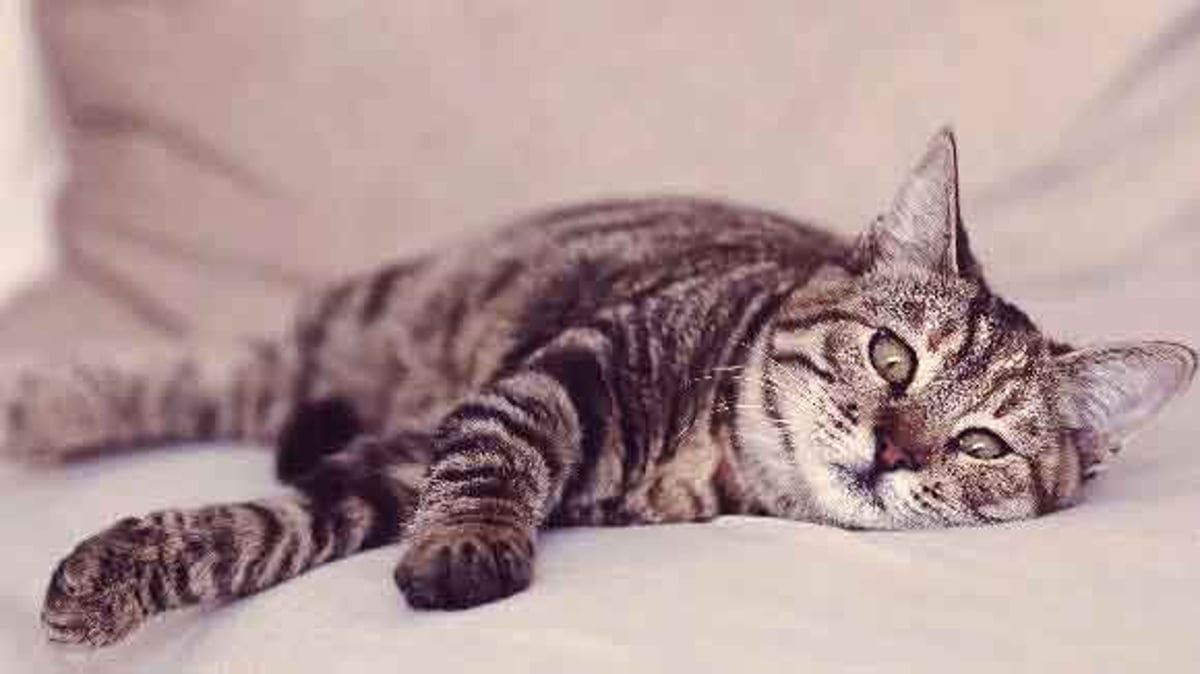
Everything You Need To Know About Coccidia In Cats Petcarerx

Everything You Need To Know About Coccidia In Cats Petcarerx
/ginger-cat-relaxing-1142424184-4e02175d72634795b60258da0a521b5f.jpg)
